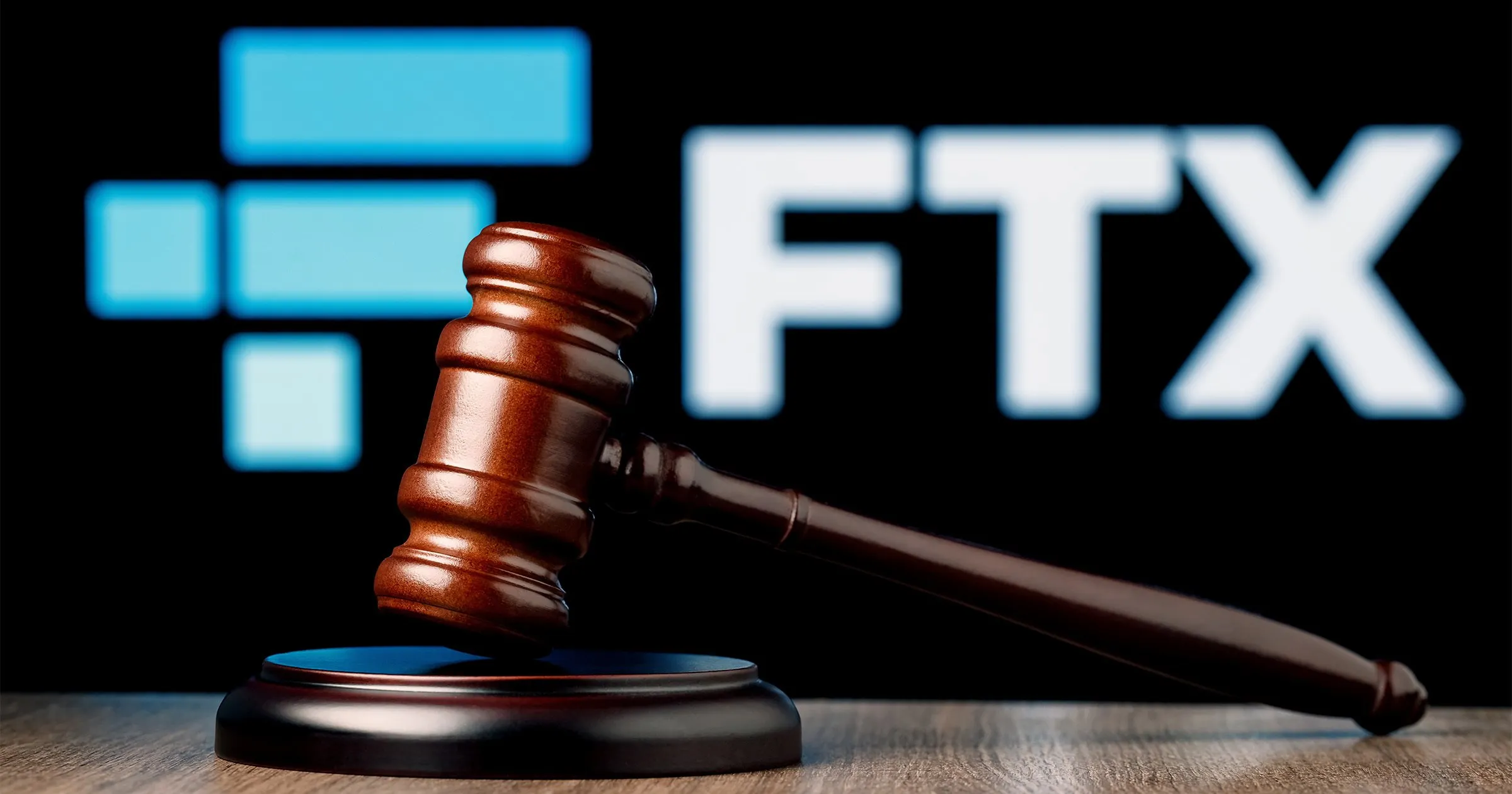FTX Auditor Prager Metis Settles SEC Charges Over 'Negligence'

FTX's former auditor Prager Metis reached a settlement agreement with the SEC over failures in its review of the collapsed crypto exchange.
The U.S. Securities and Exchange Commission (SEC) announced Tuesday that FTX’s former auditor, Prager Metis, has reached a $1.95 million settlement with the regulator.
The agreement resolves allegations of negligence-based fraud stemming from Prager Metis’ relationship with the collapsed crypto exchange. At the same time, the agreement covers alleged violations of auditor independence rules dating back as early as 2017.
Per the regulator, a $745,000 civil penalty applies to the FTX violations, while just over $1.2 million will be paid for violating the auditor rules.
Prager Metis penned two auditing reports for the exchange co-founded and once run by Sam Bankman-Fried, who received a 25-year prison sentence in March after being convicted on a series of fraud charges for his role in FTX’s mismanagement last year. He appealed that ruling last week.
The team assembled by Prager Metis “lacked the competence, experience, and knowledge to appropriately conduct the audits,” the SEC said in a complaint, adding that the auditor “fundamentally did not understand FTX” or its relationship with Alameda Research.
As part of the settlement, Prager Metis agreed to retain an independent consultant to review its auditing policies, while restrictions were put in place on its ability to accept new clients.
Alameda, a trading fund owned by Bankman-Fried, secretly siphoned billions of dollars of customer money from FTX before both firms collapsed in November 2022. During his criminal trial, members of Bankman-Fried’s inner circle testified that the trading firm could borrow virtually unlimited amounts of money from the now-defunct exchange.
Prager Metis’ auditing procedures “largely excluded Alameda,” the SEC said, as the auditor failed to assess misleading materials provided by FTX. Additionally, Prager Metis didn’t dig deep enough after FTX told the auditor it loaned funds to the trading firm, the SEC said.
Under generally accepted accounting standards, Prager Metis shouldn't have accepted FTX as a client, according to the SEC. Despite concerns raised by Prager Metis partners, the auditor released a report in 2021 vouching that FTX’s financial statements were presented fairly.
FTX wanted Prager Metis to audit the exchange’s financial statements as the company planned a public offering, the SEC said. Additionally, equity investors looking to participate in the exchange’s private fundraising rounds were looking for assurances that FTX was solid.
An engagement partner appointed to lead the FTX audit was unfamiliar with the flow of customer funds. While FTX customer funds were wired into bank accounts controlled by Alameda during the audit’s review period, the engagement partner believed they flowed “into the exchange” and “into the blockchain.”
Prager Metis did not immediately respond to a request for comment from Decrypt.
Last year, Sen. Elizabeth Warren (D-MA) expressed disappointment with the Public Company Accounting Oversight Board’s failure to oversee auditors including Prager Metis. In a letter, she wrote that “shady audits play [a role] in giving crypto firms a veneer of safety and financial stability."
In his appeal last week, an attorney for Bankman-Fried argued that the jury was presented only half the story surrounding FTX. Bankman-Fried’s trial showcased mismanagement that led the exchange to insolvency, yet the former crypto wunderkind maintains that it was a liquidity crunch. FTX did have enough money to pay its customers back, Bankman-Fried’s lawyer argued.
When John J. Ray took over the reins at FTX, the newly appointed CEO called out issues with FTX’s bookkeeping. Testifying on Capitol Hill in 2022, he said that Alameda and FTX had "virtually no internal controls and no separateness whatsoever” while using QuickBooks to handle accounting for multi-billion-dollar firms.
Prager Metis moved quickly to distance itself from FTX after the exchange filed for Chapter 11 bankruptcy, according to the securities regulator. That included scrubbing references on Prager Metis’ website to experience working for crypto clients.
“It was evident from the start of the audit that the individuals running both FTX and Alameda lacked significant business experience,” the SEC said. “But the engagement team failed to exercise professional skepticism or professional judgment.”
Edited by Andrew Hayward
Related News
- Trump and Harris Ethereum Tokens Will Power Wintermute Election Prediction Market
- ‘Hamster Kombat’ Telegram Game Sets Rewards Cutoff Ahead of Airdrop
- Bhutan Has Even More Bitcoin Than El Salvador Thanks to Its Mining Operation
- All Eyes on the Fed: What Rate Cuts Could Mean for Bitcoin
- MoviePass Continues Crypto Pivot With Sui Team-Up, USDC Integration
- Ripple Co-Founder Chris Larsen Leads $10 Million Round for DeFi Protocol Yellow Network
- Bitcoin Stacks L2 Brings Its sBTC to the Aptos Network
- Hester Peirce Slams SEC for 'Misguided and Overreaching' Cases in Flyfish Club NFT Dissent
- 'Gold Rush' Telegram Tap-to-Earn Game Launching With 'Skill-Based' Airdrop
- Bitcoin Stacks L2 Integrates With Aptos Network
© 2025 DeFi.io